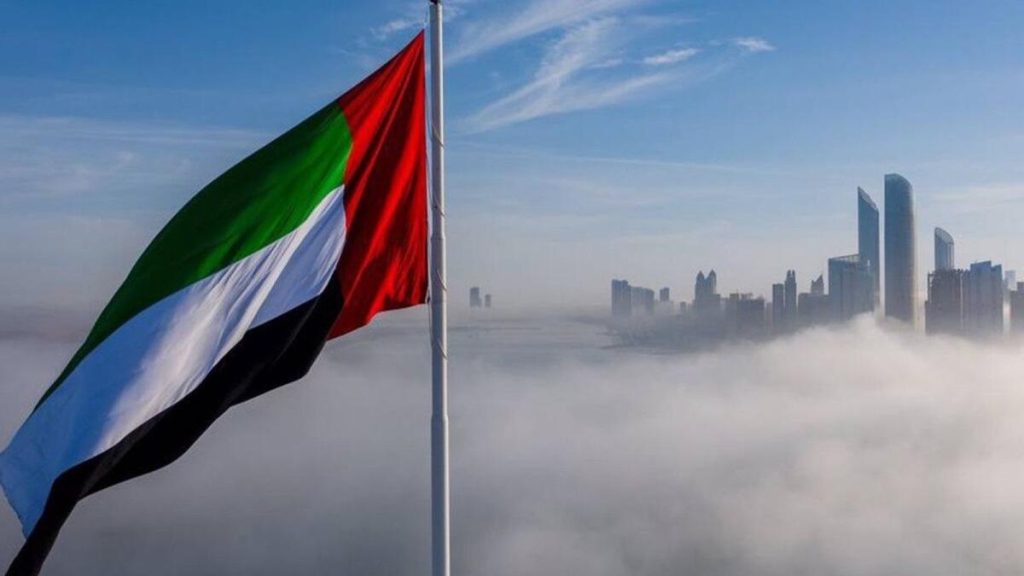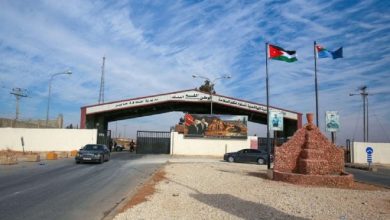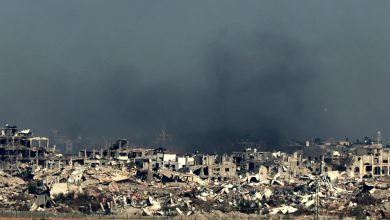UAE Leads Arbitrary Extraditions of Peaceful Dissidents in the Arab World
Human rights groups warn that the UAE is facilitating politically motivated extraditions of activists and dissidents across Arab League states, violating international legal protections.

Watan-The United Arab Emirates leads Arab violations involving transnational repression through arbitrary extraditions of peaceful dissidents and human rights defenders in Arab countries.
In a joint statement, 15 human rights organizations highlighted that the UAE has played a prominent role in the disgraceful actions of the Arab Interior Ministers’ Council in facilitating arbitrary extraditions of peaceful dissidents and human rights defenders in Arab League countries.
The Arab Interior Ministers’ Council is often misleadingly referred to as the “Arab Interpol.” It is an entity under the Arab League tasked with enhancing cooperation among Arab states in the fields of internal security and crime prevention.
Politically Motivated Extraditions in the Arab World
Through its Criminal Prosecution and Data Department, the Arab Interior Ministers’ Council disseminates arrest warrants to liaison offices in member states and facilitates the extradition of wanted individuals.
The organizations warned that, despite the explicit prohibition of extradition for “politically motivated crimes” under the legal framework of the Arab-Islamic Judicial Cooperation Agreement—specifically Article 41 of the Riyadh Arab Agreement for Judicial Cooperation—such extraditions still occur in practice.
Due to the absence of a regulatory body to prevent abuse of its systems, the Arab Judicial Cooperation Agreement has become an ideal tool for Arab League states to request politically motivated extraditions.
Between 2022 and 2025, MENA Rights Group documented the unlawful extradition of four individuals: Khalaf Al-Rumaithi, Hassan Al-Rubaie, Salman Al-Khalidi, and Abdul Rahman Al-Qaradawi. Currently, one individual faces imminent extradition: Ahmed Kamel.

Ahmed Kamel, an Egyptian citizen, is currently detained in Saudi Arabia, where he has lived for a decade. As retaliation for his peaceful protests during the Arab Spring in Cairo in 2011 and 2014, Kamel faces imminent extradition to Egypt, where he risks human rights violations, including torture.
Despite the prohibition of such practices, Arab states continue to request and carry out politically motivated extraditions, using domestic laws that conflate peaceful criticism and human rights activism with terrorism or threats to state security.
Moreover, the legal framework of the Arab Justice Ministers’ Council does not reference international human rights standards. Specifically, it fails to mention the principle of non-refoulement, enshrined in Article 3 of the United Nations Convention Against Torture, which prohibits the extradition of individuals to a country where they may be subjected to torture.
UN Concerns and Calls for Reform
Mandate holders under the UN Special Procedures have raised concerns about the Council’s extradition practices in a letter to the Arab League, particularly highlighting the inability of individuals to access their case files or challenge their arrest warrants. However, UN experts have received no response, and the Council has yet to implement any reforms.
As the Council continues to facilitate serious human rights violations in the Arab region, fundamental changes are needed to ensure that peaceful dissidents and human rights defenders are not subjected to transnational repression.
Human rights organizations have called on the Arab Justice Ministers’ Council to immediately cease facilitating politically motivated extraditions and to undertake urgent reforms, in consultation with civil society, to align its legal framework and systems with international human rights law.

Among the individuals who have faced extradition based on arrest warrants issued by the Center for Combating Illegal Migration, from the most recent to the oldest cases:
-
Abdul Rahman Al-Qaradawi, an Egyptian-Turkish poet, was extradited from Lebanon to the UAE in January 2025. Al-Qaradawi was a prominent voice of the Arab Spring and was targeted by an arrest warrant from the Arab-Islamic Relations Council in retaliation for posting a video criticizing Egyptian and Emirati authorities during a trip to Damascus. Since his unlawful extradition to the UAE, his fate and whereabouts remain unknown.
-
Salman Al-Khalidi, a Kuwaiti activist and government critic, was also extradited in January 2025 from Iraq to Kuwait based on an arrest warrant issued by the Council on American-Islamic Relations. His home country had previously sentenced him to long prison terms and stripped him of his nationality in retaliation for his critical social media posts and participation in peaceful protests.
-
Khalaf Al-Rumaithi, a peaceful Emirati dissident and member of UAE 94 and UAE 84, was extradited extrajudicially in May 2023 from Jordan to the UAE, where he remains forcibly disappeared.
-
Hassan Al-Rubaie, a Saudi citizen from the Shiite minority, faced a similar fate when he was swiftly extradited from Morocco to Saudi Arabia in February 2023, following an arrest warrant issued by the Argentine Arab-Islamic Advisory Committee on Human Rights, despite clear risks of torture in his home country. He remains imprisoned in Saudi Arabia.
-
Sharif Osman, a satirical Egyptian-American political writer, was arrested in the UAE in November 2022 based on an arrest warrant circulated by the American-Egyptian Relations Council. He faced the risk of extradition to Egypt. However, following strong international appeals and given his U.S. citizenship, he was ultimately able to return to the United States after nearly two months in detention.






